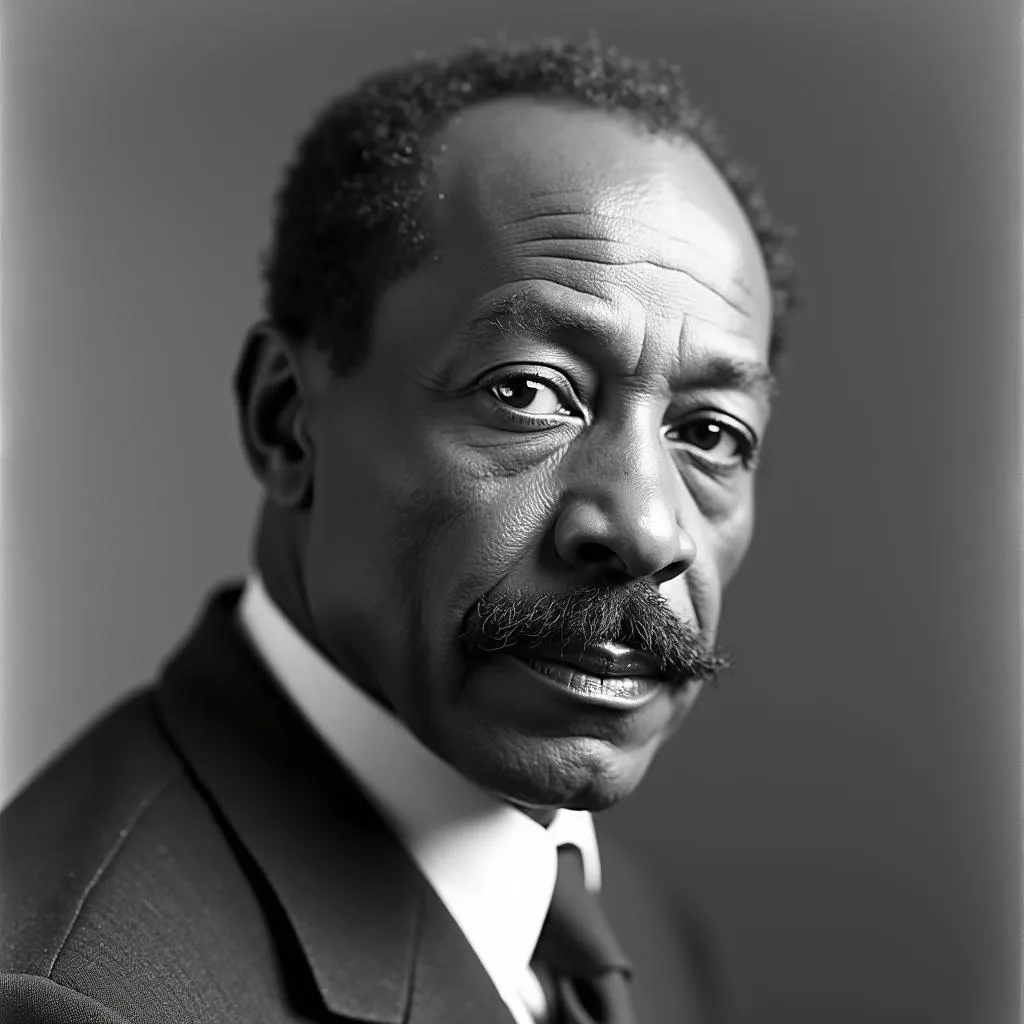African American Surnames and Their Meanings: A Journey Through History and Heritage
The history of African American surnames is deeply intertwined with the transatlantic slave trade and the subsequent struggles for freedom and identity. While many African Americans today bear surnames inherited from former slave owners, others have names reflecting rich ancestral cultures and traditions. Understanding the origins and meanings of these names offers a fascinating glimpse into the resilience and cultural tapestry of the African American community.
Uncovering Lost Connections: The Legacy of Slavery on Surnames
For centuries, the transatlantic slave trade severed millions of Africans from their homelands, stripping them of their names and identities. Upon arrival in the Americas, enslaved Africans were often given the surnames of their owners, erasing their ancestral lineages. This practice resulted in a prevalence of European surnames among African Americans today.
 African American Family Reunion
African American Family Reunion
However, the human spirit’s yearning for connection persisted. Even in the face of unimaginable hardship, enslaved Africans found ways to hold onto fragments of their heritage. Some secretly preserved their original African names, passing them down orally through generations. Others adopted surnames that reflected their skills, physical attributes, or regions of origin within Africa.
Reclaiming Heritage: The Rise of African and Muslim Surnames
The era of Reconstruction and the Civil Rights Movement witnessed a powerful resurgence of African American identity. Many individuals and families chose to reclaim their heritage by adopting African or Muslim surnames. These names often held deep cultural and spiritual significance, symbolizing a rejection of imposed identities and a celebration of ancestral roots.
Today, surnames like Muhammad, Diallo, and Kenyatta stand as testaments to the enduring spirit of African and Islamic cultures within the African American community. These names represent a powerful connection to a vibrant past and a commitment to preserving cultural heritage.
From Occupation to Aspiration: The Meaning Behind Occupational and Descriptive Surnames
Beyond surnames rooted in slavery or reclaimed heritage, many African Americans bear names reflecting the occupations or personal characteristics of their ancestors. These surnames, often bestowed during the Jim Crow era, provide intriguing insights into the lives and aspirations of those who came before.
Surnames like Smith, Cooper, and Weaver often indicate the trades practiced by ancestors. Others, like Strong, Little, or Young, likely described physical attributes or relative ages. While these names may appear simple at first glance, they offer valuable clues to the social and economic realities faced by African Americans in past centuries.
Exploring Your Roots: Resources for Discovering Your Family History
The journey to uncover the meaning and history behind your African American surname can be an enriching and deeply personal experience. Numerous resources are available to aid in this exploration:
- Online Genealogy Databases: Websites like Ancestry.com and FamilySearch offer vast collections of historical records, including census data, birth certificates, and slave manifests.
- Historical Societies and Libraries: Local and national institutions often house valuable genealogical resources, including oral histories, photographs, and family Bibles.
- DNA Testing Kits: Advancements in DNA technology provide insights into ancestral origins and can connect individuals with distant relatives.
Frequently Asked Questions about African American Surnames
1. What are some common African American last names?
Common African American surnames include Washington, Jackson, Williams, Brown, Jones, Miller, Davis, Garcia, Rodriguez, and Wilson. It’s important to note that this list is not exhaustive and the prevalence of surnames varies widely based on region and family history.
2. How can I find out the meaning of my African American last name?
You can explore online surname dictionaries, genealogy websites, or consult with experts in African American history and genealogy.
3. Did enslaved Africans have last names?
In most cases, enslaved Africans were stripped of their original surnames and given the surnames of their owners upon arrival in the Americas.
4. Why are some African American last names spelled differently?
Variations in spelling can be attributed to a number of factors, including clerical errors during record-keeping, regional dialects, and deliberate attempts to create unique family identities.
5. What is the significance of choosing an African surname?
For many African Americans, adopting an African surname represents a powerful act of reclaiming their heritage and connecting with their ancestral roots. It’s a deeply personal decision that reflects a desire to honor their cultural identity.
Need Help With Your African Heritage Journey?
Contact us today for personalized assistance in tracing your roots, understanding your surname’s meaning, and connecting with your African heritage.
Phone: +255768904061
Email: kaka.mag@gmail.com
Address: Mbarali DC Mawindi, Kangaga, Tanzania
Our dedicated team is available 24/7 to support you on your journey of discovery. You might also be interested in our articles on African American first names and common African names for further exploration.


